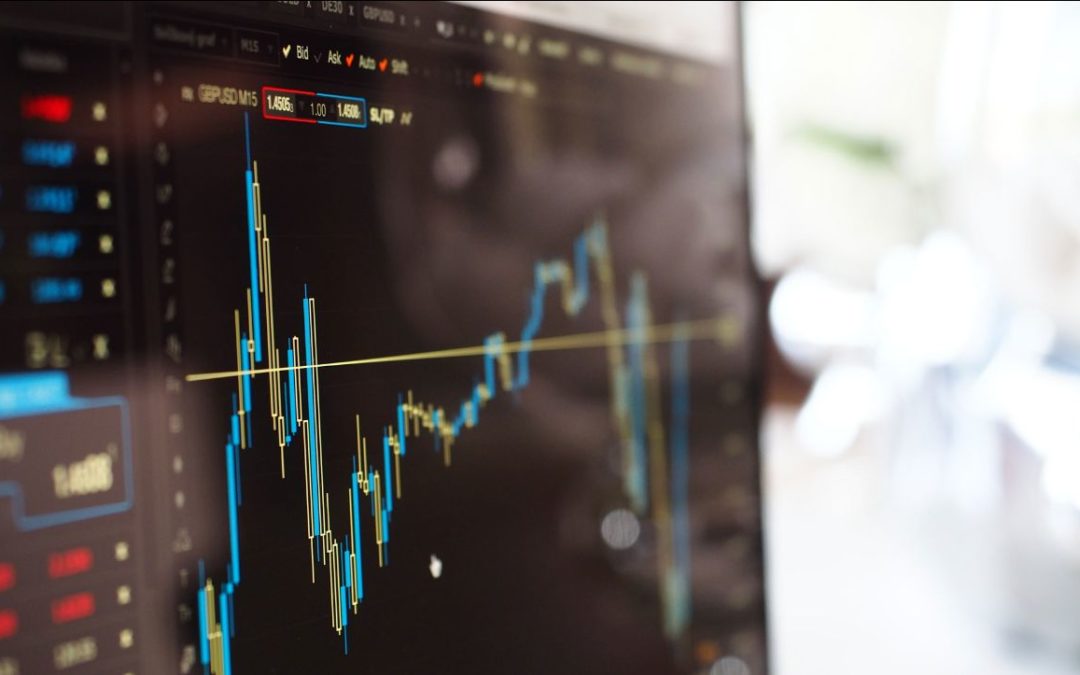It’s June, and there has been plenty of market movement we need to analyze! Keep reading…
Wow! What a Rally!
GMO investment managers noted in their recent first quarter 2020 newsletter that the S&P 500 grew from March 23rd the equivalent of 6 years of stock returns. This is unprecedented. The usual recession and corresponding bear market loses more than 50%. In March the market lost 30+%. Most bear markets start with large losses, then a bear market rally called a “sucker’s rally” and end with losses greater than 50% and investor capitulation, i.e. “I don’t want to own stocks, it is like gambling…” That is when everything, or a majority of stocks are cheap. We did not experience that, yet. Will we? It is impossible to know, but based on the poor economic conditions, and the healing required (which takes time) the losses are probably not over.
Why Did the Market Rebound So Fast?
Government (legislative branch) stimulus (enhanced unemployment, government loans to businesses, etc.) and promised market manipulation by the Federal Reserve. The best guess for why the market bounced back, despite dire economic circumstances, is it was due to federal government stimulus (Cares Act etc.) and the Federal Reserve (Fed) promise of market liquidity on steroids (Quantitative Easing redux). The Fed’s promises included the potential purchase of corporate bonds and a message that they will do whatever it takes (basically to keep markets from declining, which is not their mandate). The purchase of corporate bonds by the Fed is illegal. It has always been illegal and was explicitly disallowed in the recently passed CARES Act stimulus package. The CARES Act passed by Congress provided billions of dollars to the Federal Reserve to use to support markets and the economy.
Will The Market Advance Continue?
Referencing the history of the US, Japanese and European markets the answer is No, the market advance won’t continue. Federal Reserve stimulus works until investors become risk averse. Investors get to a point where they would rather get a low interest rate on their money (or negative interest rate in Japan and Europe) than lose money, or lose more money in the market. However, based on the unprecedented federal government economic stimulus and Federal Reserve manipulation, it could last until at least the stimulus (unemployment and loans to businesses) runs out.
Dislocation Between the Market and Main Street/The Economy
Every respected economist and multi-decade tenured investment manager have said that a so-called V-shaped recovery is a very small probability. Yet, that is what the stock market is banking on. I think the venerable Jeremy Grantham of GMO investment managers put it best, noting that the uncertainty has never been higher. Their calculation is that we are in one of the most expensive (top 10%) stock markets historically, (all reputable stock market valuations agree, please see our April 30th post regarding market value). In addition the economy is in one of the worst positions it has ever been. The timing of an economic resurgence is highly uncertain due to the novel Coronavirus. This high uncertainty is why Warren Buffet and a majority of institutional investors are holding cash and not buying stocks currently.
A Brief Note On Government Loans to Businesses
What a mess. The coordination of the federal government enhanced unemployment ($600 extra per week) and stimulus loans to businesses was very poorly done. In addition, the government did not tie the grant of stimulus loans and forgiveness of the loans to a business’ need. A simple rule could have been that each business must show that they lost revenue due to the virus (by using a comparison of sales immediately before and after and to the last year in the same time period). This was done with one of the payroll tax relief provisions of the CARES Act, but not with free government money in the form of loans with forgiveness.
Ugggh…the bill our kids and grandkids have coming due gets larger and larger by the day. Make no mistake, the bigger the debt this country owes, the slower economic growth will be in the future. Just like a household, when you borrow from the future it costs you when the debt has to be repaid. For individual debt, that cost is a lower lifestyle/less discretionary income. For government debt (folks this is our collective debt as citizens, politicians and many of us miss this point) it ends with the same result. Due to higher taxes to citizens to pay the debt back (and large interest payments), we will experience lower lifestyle/less discretionary income as citizens.
How Can We Help YOU?
If you have questions about your finances, investments, or anything else during this time, just let us know. We’re here to help.

